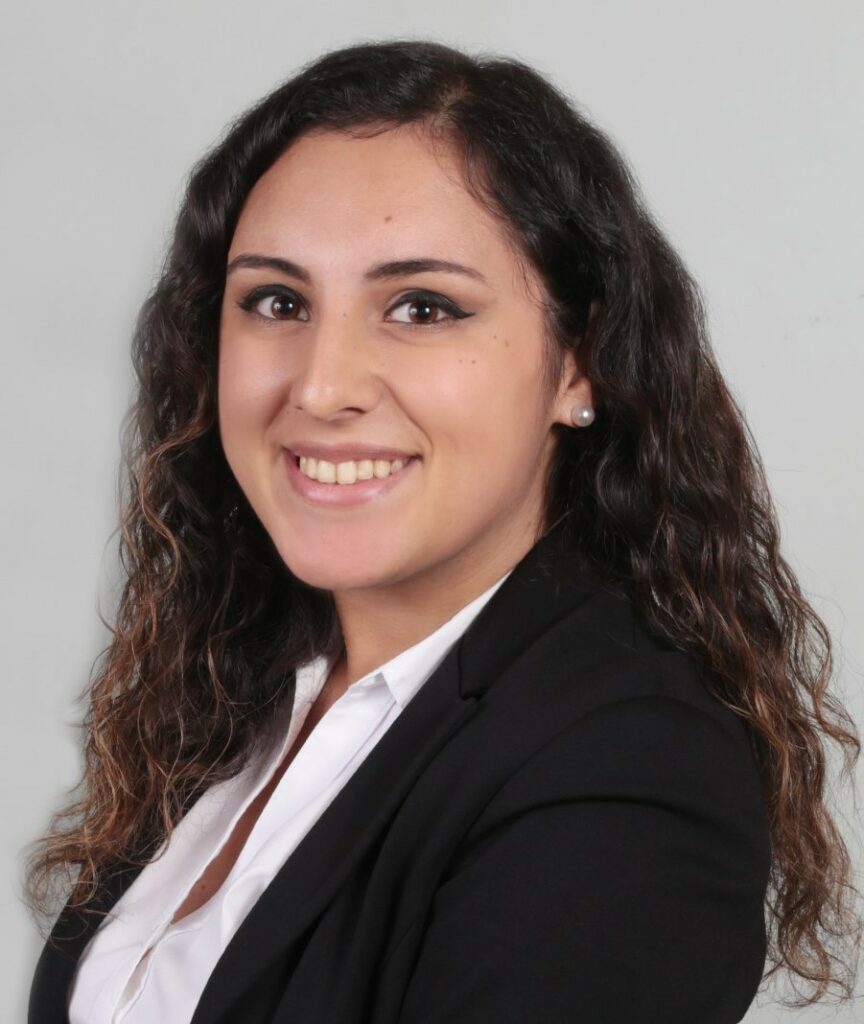The Terminology Coordination of the European Parliament (DG TRAD) is pleased to announce the launch of a new university cooperation within the framework of “Terminology Without Borders”: the FIN project on economic and financial terminology.
Economic and financial issues play a significant role in our everyday lives, both on the local and the global level. In a globalised world like ours, understanding domestic and international outlooks – both historic and current – can shed light on how different cultures and societies interrelate. In addition, being familiar with the basics of economics and finance can help to predict periods of economic crisis or upturn. For this reason, it is paramount to have clear and precise terminology that responds to the linguistic needs arising from the constant global economic exchanges.
The coronavirus pandemic has produced a large number of newly coined words in the economic field. A few examples? Neologisms as “pancession” (a pandemic-associated widespread economic recession) or “disaster capitalism” (profiting, profiteering and exploitation in conditions of local and global crisis) have arisen to describe the new circumstances under lockdown, social isolation or distancing.
Another popular topic is sustainable finance. Sustainable finance can be defined as the integration of environmental, social and governance (ESG) criteria into traditional financial planning and investment decisions. Understanding how global challenges are driving the public sector, private sector, and civil society is essential to leverage the potential of all available resources and to address rising issues such as climate change.
In this context, the main objective of YourTerm FIN is to create multilingual glossaries on the domain of economics and finance and promote the harmonisation of economic terminology.
By classifying relevant terminology, FIN projects contribute to clarify and harmonise the communication among different communities and societies, taking into account the current trends and developments in a diversified and constantly changing economic and financial scenario.
References
European Commission. 2021. Sustainable finance. [ONLINE] Available at: https://ec.europa.eu/info/business-economy-euro/banking-and-finance/sustainable-finance_en. [Accessed 03 August 2021].
Sustainable Brands. 2021. Sustainable Finance Is More Than a Trend. [ONLINE] Available at: https://sustainablebrands.com/read/finance-investment/sustainable-finance-is-more-than-a-trend. [Accessed 03 August 2021].
Tony Thorne. 2021. #CORONASPEAK – the language of Covid-19 goes viral – 2. [ONLINE] Available at: https://language-and-innovation.com/2020/04/15/coronaspeak-part-2-the-language-of-covid-19-goes-viral/. [Accessed 03 August 2021].
Why is it important to study economics?. 2021. Why is it important to study economics?. [ONLINE] Available at: https://www.durhamisc.com/blog/why-is-it-important-to-study-economics. [Accessed 03 August 2021].

Written by Maria Carmen Staiano, Schuman Trainee at the Terminology Coordination Unit. She holds a Bachelor’s in Linguistic and Cultural Mediation and a Master’s in Specialized Translation at the University of Naples “L’Orientale”. She has experience in translation technologies, project management and localisation.

